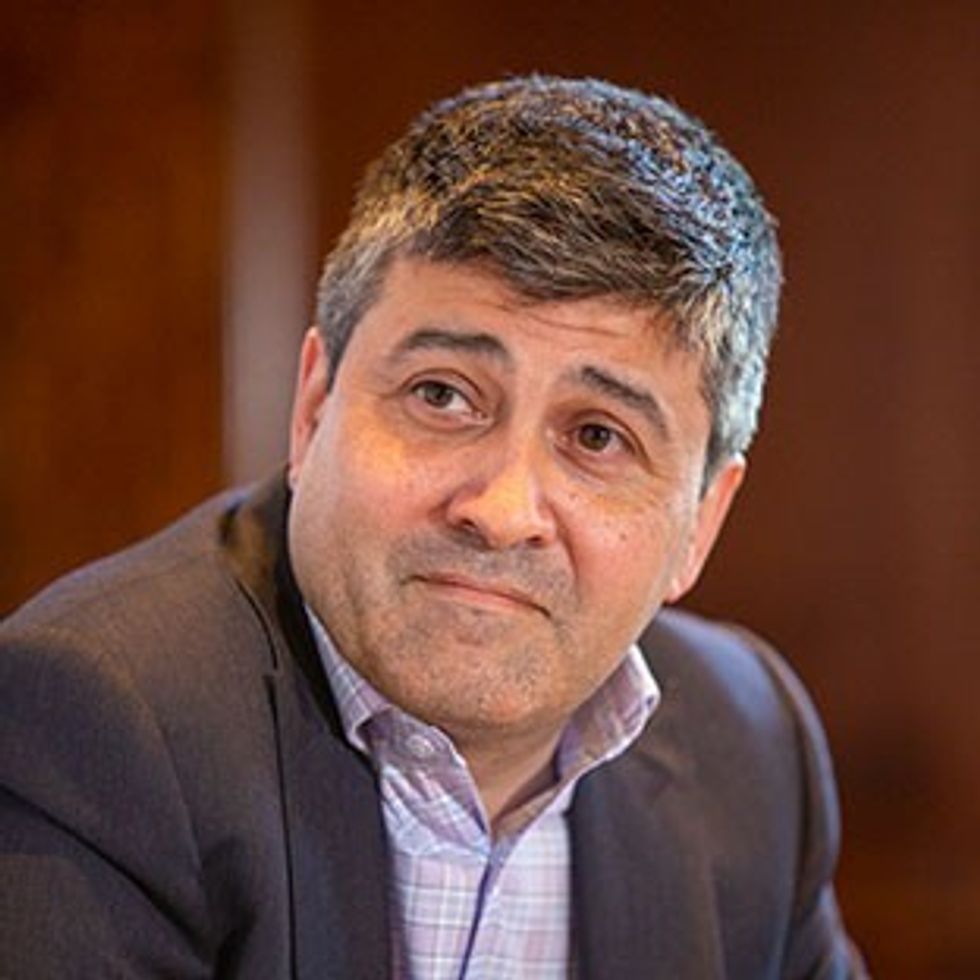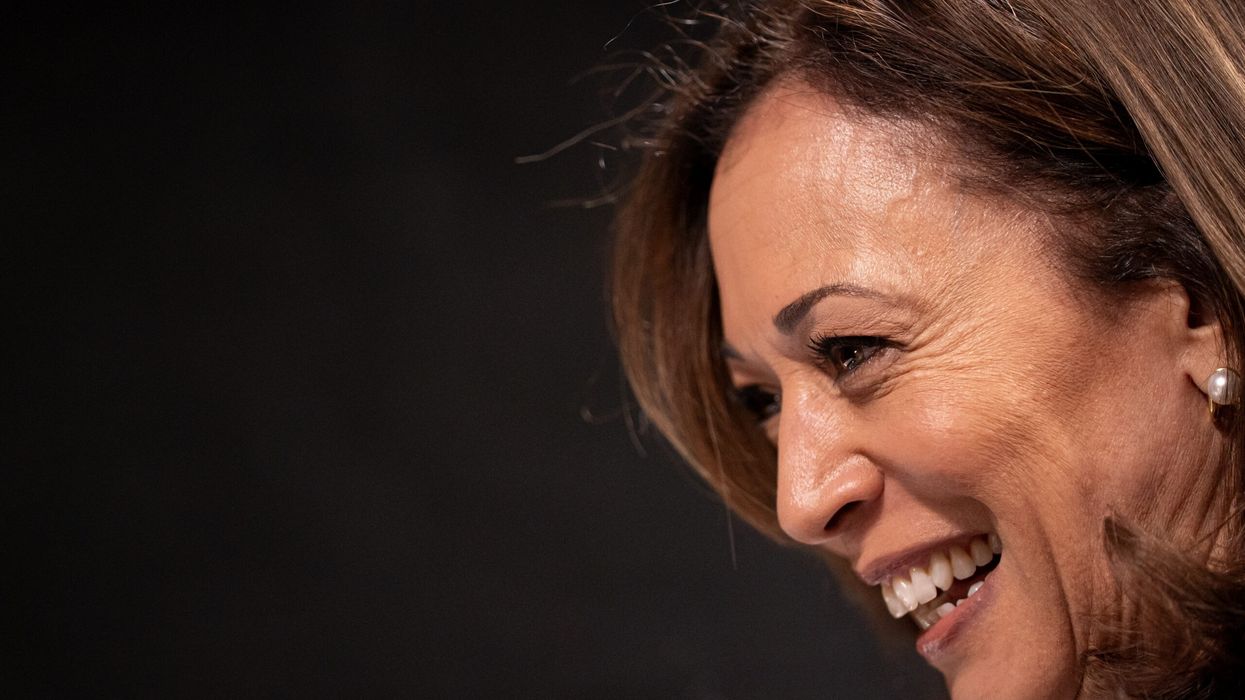BRITAIN is not America. They do things differently there. The tale of two elections captures a stark contrast. Britain could hardly have had a smoother or more civil transfer of power, even after a record-breaking landslide. America is having its most tumultuous election since at least 1968, the last time a sitting president – LBJ – chose not to seek re-election, until Joe Biden pulled out of this election last night. The Democratic vice-president lost to a Republican comeback campaign, which took the polarising figure of Richard Nixon to the White House. The historical echoes are uncanny, if not exact; 1968 was also the last time that a presidential candidate, Robert F Kennedy, was tragically assassinated during the campaign.
It is deeply fortunate that a sniper’s bullet failed to kill Donald Trump last weekend by a matter of millimetres. Had the former president been killed - only months before an election his supporters are sure he would have won - the consequence could have been to escalate yet further the polarisation of US politics, fuelled by conspiracy thinking, hateful rhetoric and violence itself. Immediate, breathless predictions about the political impacts of the failed assassination did not materialise.
Those dramatic images of a defiant Trump did not impact the polls at all, despite predictions they might transform the election. Unlikely predictions that this near-death experience might deliver a new humbler, more reflective Trump – interested in unity, not division – did not survive beyond the first section of his convention speech, which reverted to an angry rambling diatribe which reiterated that he will never accept that he lost the election last time. Trump’s response to president Joe Biden’s announcement – a social media rant about “crooked Joe Biden” – reinforced how far America in the hyper-polarised Trump era has lost its basic respect for the political rules which Britain still takes mostly for granted.
Nor did the assassination attempt on Trump distract from the pressure on Biden sufficiently to save his re-election bid. Biden’s candidacy became unviable because his terrible performance in the first televised presidential debate with Trump cast doubt among most Americans that he could remain president for four more years. A quirk of campaign scheduling has changed America’s political history. The June debate was unusual. Past presidential debates always began in September and October. If Biden had been duly nominated, then fallen apart in a TV debate with just weeks to go, the Democrats could have lost this late chance to rescue their campaign.
Biden’s immediate endorsement of his vice-president, Kamala Harris, makes it overwhelmingly likely that Harris will be nominated as the Democratic candidate. Harris herself says she would seek to “earn and win” the nomination by the party’s autumn convention. No serious contest appears likely. The Democrats want to unite quickly around a candidate who can take on Trump.
Harris will be both the first black woman and the first Asian American to lead a major party’s presidential ticket. Her narrative is of a proud American story – of how parents from India and Jamaica, who met marching for civil rights, gave birth to a daughter who could within a generation run for the White House. Her parents split up when she was seven, so Harris was raised primarily by her mother. There were only 12,000 Indian migrants in the US when Harris’s mother, Shyamala Gopalan, first went to Berkeley to study in 1958. There may be three million today, but the Indian part of the electorate – around one per cent – is dwarfed by the black and Hispanic vote, which each constitutes around 13 per cent of the eligible electorate. The south Asian presence in US politics has been less visible than in Britain or Canada, rarely extending outside California in national representation in Congress. There were firecrackers in Thulasendrapuram, a couple of hundred miles from Chennai, when Harris became vice president, though her focus will be on the rust belt swing states which decide each knife-edge American election.

Trump is the favourite – with perhaps a 60 per cent chance of winning. It could be a mistake to write off Harris too soon. She has not been a popular vice-president, but – unlike Trump – many people have not made up their minds about her. Trump has enough of a fervent base to win narrowly, especially when his opponents are divided. The lack of impact of even the assassination attempt shows he has little chance to broaden his support. Trump did look just about on course to defeat Biden, somewhat by default, given the president’s visible deterioration. Whether that carries over to this new contest depends on how well Harris and the Democrats introduce her pitch in the coming weeks. The Republicans will question Harris’s credibility as a potential president. The election could become, once again, primarily a referendum on the return of Trump. This turbulent year in American politics makes it impossible to be certain about what happens next.
(Sunder Katwala is director of the thinktank British Future and author of ‘How to be a patriot’.)




